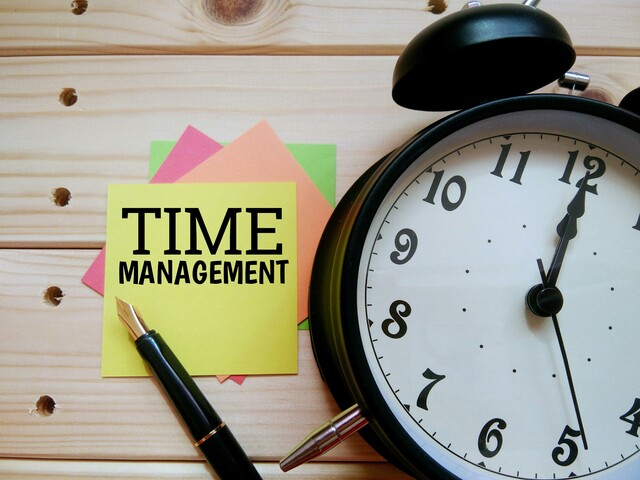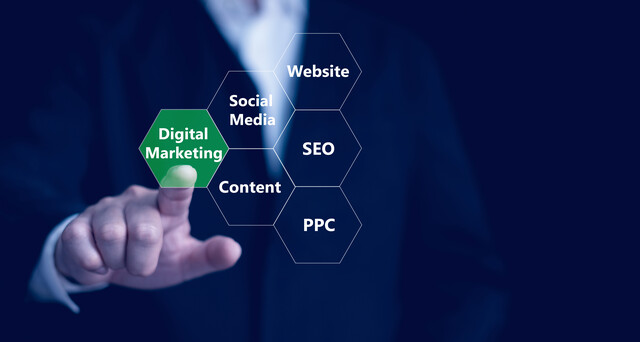At its most basic definition, business ethics revolves around relationships. These relationships exist between businesses and consumers on multiple social and economic levels. Business ethics therefore, define the relationship p between an individual and a business, or may apply to employees, various areas of government, and the community.
What Are Business Ethics?
Business ethics have developed into standards of moral and ethical responsibility, not only in the United States but also around the world. The demand for moral and ethical behavior in all aspects of domestic and international business communications and partnerships has encouraged the development and evolution of business ethics.
The field of business ethics is not simple to define. The wide range of industries and areas of social behavior that exist between any business and the consumer or general public complicate the field of business ethics. Business ethics can be practiced in corporate offices, as well as local mom-and-pop grocery stores. It has to do with social responsibility and corporate compliance, as well as employer and employee rights. The field of ethics addresses, morality, responsibility, decisions, and actions taken by any company or business from the grassroots level to the highest positions in local or national governments.
This article on the basics of business ethics will explore and define the difference between corporate compliance, corporate and social responsibilities, corporate responsibilities, as well as ethics in the workplace and its impact on business.
Consumer rights, as well as expectations, are receiving increased attention in society today. The explosion of the Internet and international business development has demanded the need for further development and structuring of international business ethics in a wide range of countries with different cultural backgrounds. Business ethics also plays an important role in the financial world, as has commonly been seen in news accounts of leveraged buyouts, insider trading, and the proliferation of junk bonds.
Developing standards and infrastructures in the field of business ethics helps to bridge economic, language, and moral or value gaps between countries and their ways of conducting business. As such, business ethics have had a great impact on the way business is conducted in the 21st century.
Business ethics generally are built upon four basic foundations: attitude, value, behavior, and normal customs and expectations. The study of business ethics may stray into fields of law, but more often than not deals with the behavior, expectations, and demands of common courtesy, manners, honesty, and integrity.
Unethical business behaviors damage productivity and living standards. Such practices also affect social, as well as environmental, degradation that results in damage to many aspects of society, which results in lack of trust. Businesses have become increasingly competitive and the value of products and their manufacturers has gone far beyond price-per-unit or the function they perform.
It can be said that business ethics is the analysis of moral behavior in practice and activities, and is a reflection of morals and values in any given society. It is obvious that business does affect our lives, both at an individual and social level. However, what role do business ethics play in the way an employer treats employees and vice versa? In what way do business ethics affect the treatment between competitors, consumers, and the environment?
Understanding business ethics provides a way for individuals to resolve ethical dilemmas, as well as to garner a respect for honesty, development of trust, a sense of fair play, and human dignity issues. Obligations between employers and employees are just as important as the observation of ethics in every avenue of business, from sales and advertising, to and marketing and competition.
In addition, business ethics help individuals in various levels of business to recognize and analyze ethical considerations that may be relevant to many different types of business activities. The nature of business itself, as well as various models for conducting business, is placed under a microscope, where ethics judge behavior, business practices, and final outcomes.
In appreciation of the role that business ethics play not only in business, but also in our social environment, will help to illustrate the fact that ethics and morality are an expected part of the consumer-provider relationship.
Why Study Business Ethics?
Many people may believe that the study of business ethics is merely a sentimental endeavor, one that is based primarily on personal opinion and standards. However, there are others who believe that business ethics affect the efficient running of a business. One might wonder who is considered right or wrong when it comes to determining a moral or ethical evaluation of any given situation.
However, contemporary business ethics is not so much about why, or even whether, ethics should be a part of business, but instead, are about how ethics can be used to guide business decisions to the benefit of all.
Nearly every aspect of business brings with it a code of ethics, conduct, or behavior that is expected from its employees and managerial staff. These fields may include human resource management, accounting, finance, and marketing in fields of medicine, education, and various forms of industry and manufacturing.
The Enron fiasco lost stockholders billions of dollars in stock values as well as erupted in untold financial and corporate lawsuits. The incident and its aftermath caused thousands of employees to lose their jobs, health care benefits, and retirement funds. The general consensus of the public at the time was highly critical of those individuals brought to trial over their behavior. As a result, demands for ethical behavior heightened.
Enron has not been the only culprit that has brought such changes. Dozens of companies have been involved in one scandal after another and as a result, ethics have become more important in the business practices of the 21st century than ever before. Today's business managers have a right to be extremely concerned about the ethical behavior and standards followed by their own organizations.
In 2002, the United States Congress passed the Sarbanes-Oxley act to address accounting and corporate scandals, and to develop a code of ethics for senior financial officers. The act also requires corporations to have a code of ethics that promotes honest and ethical conduct, full disclosure, and compliance with governmental regulations.
Recent polls illustrate that such codes have become an integral and essential part of corporate development and practices. Each one of us may somehow be affected in our lifetimes by scandals, unfair practices or unethical or dishonest conduct by a wide range of individuals. The decisions made in any business institution or company, no matter how small, have an impact on us, either as citizens, consumers, or even as employees.
The Bottom Line
Every one of us is impacted in some way by ethics. We all belong to organizations, groups, or associations. We belong to schools, clubs, sports teams, and organizations developed in our churches and at our places of work. Many times, we often find ourselves in a situation where we must determine resolutions that concern right and wrong.
For example, which one of us has ever gone through school without knowing a friend or fellow student who has cheated on a test? Did we stay quiet, or did we turn in the cheater? At work, have you ever known someone to fudge the truth a little about a delivery date, an incident, or about a dishonest episode that involved a fellow coworker? At what point does loyalty begin and end? Do we owe our loyalty to our friends or to our place of work, our school, or any other organization with which we are involved? Such questions are considered ethical dilemmas, and as such, are factors that may influence conduct in a wide variety of scenarios.
Business ethics have been studied since the 1960s, and yet we find ourselves still struggling with ethical and moral issues today. Many people are extremely cynical when it comes to making a decision between doing the right thing and keeping a job. In the past, the bottom line for most businesses and corporations has been the dollar. Competition, unethical practices, cheating, and backstabbing were common.
Many people are rightfully concerned that they will have to compromise their own standards when it comes time to accept jobs in the financial world, the medical world, as well as in many other fields, including construction, Internet information and technology, science, and global business relationships.
While many of us want to do the right thing, there are times when we all find ourselves between a rock and a hard place when it comes to making the right decision and maintaining job security. No one really wants to be a snitch, tattler or whistle blower. However, many positive changes that have occurred in today's society have been the result of such actions.
How we each deal with such dilemmas is a personal decision that is based a great deal on our own upbringing, moral codes, and standards. Our values, sense of loyalty, and trust are incorporated into our actions and, as such, affect the day-to-day running of businesses, both large and small.
Where do you stand? How do you as a business employer or employee, ensure that business ethics and standards and codes of conduct are maintained?
Conclusion
The nature and goals of business ethics need to be understood in order for individuals to understand their rights in today's society. Business ethics is a study that goes much deeper than the concept of cheating or dishonesty. Topics involving loyalty, expectations, and cynicism play a great part in the study of business ethics. So, ethics may also be defined as a set of moral principles or values and conduct that affect each of us on a personal level.
Interested in learning more? Why not take an online Business Ethics course?































